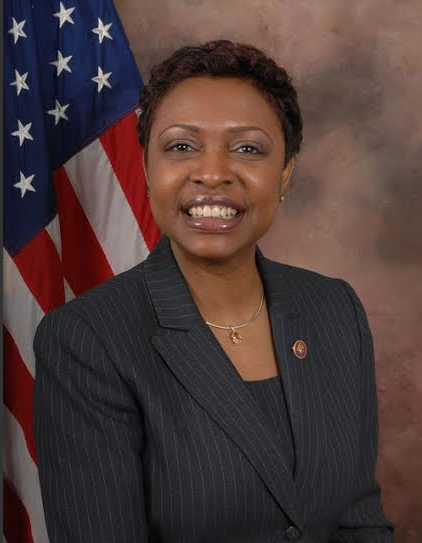Congresswomen speak out on Hobby Lobby contraception lawsuit
‘These cases involve control,’ U.S. Rep. Clarke says

Members of Brooklyn’s congressional delegation were watching the U.S. Supreme Court arguments over employer-funded contraception for women with great interest on Tuesday and two of the delegation’s female members spoke out on the controversy.
Both U.S. Rep. Yvette Clarke (D-Crown Heights-Brownsville) and U.S. Rep. Carolyn Maloney (D-Greenpoint-Manhattan) said they hope the Supreme Court rules against the owners of Hobby Lobby, the nationwide chain of craft supply stores seeking an exemption from the Affordable Care Act (ACA) provision that requires employers to provide health insurance coverage for contraception.
Under the ACA, employers must provide reproductive health care as part of health insurance plans for their employees. The owners of Hobby Lobby are arguing that the ACA mandate violates their religious freedom. A second business, Conestoga Wood Specialties Corp., is also seeking an exemption on religious grounds.
